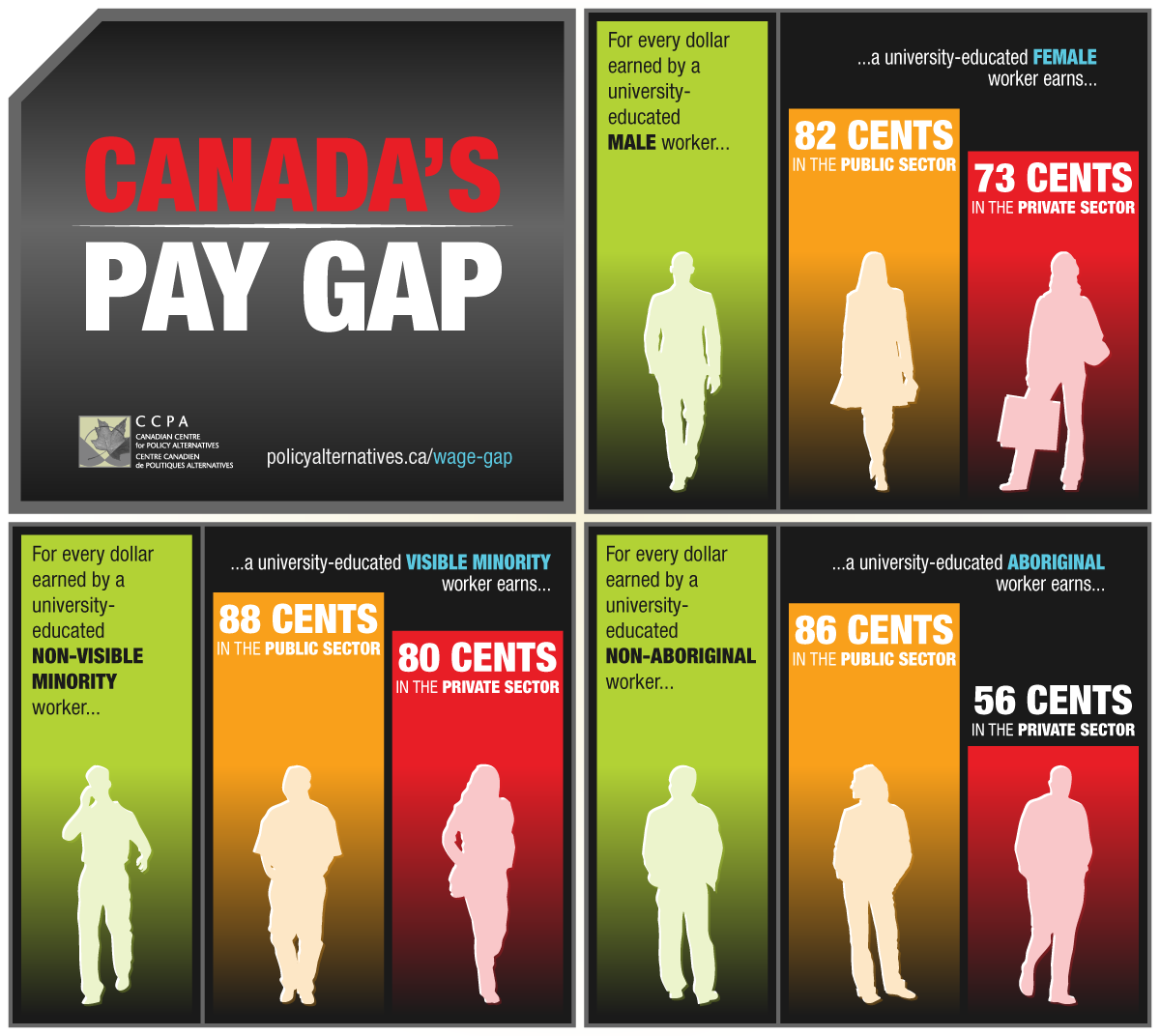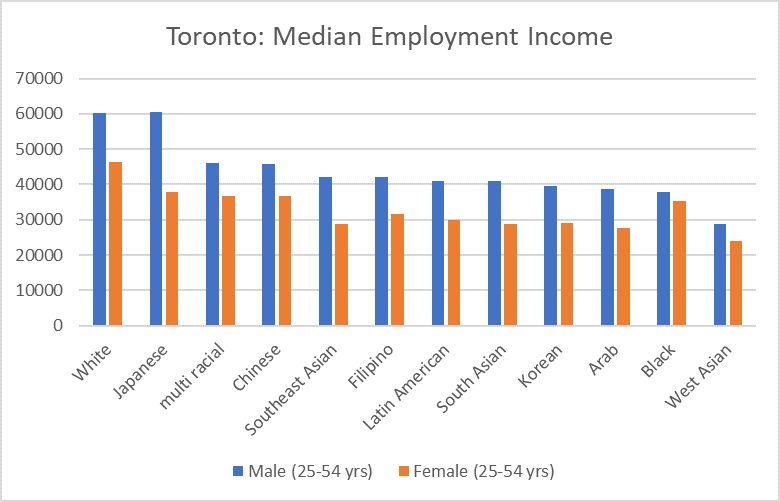DESIBUZZCanada
Events Listings
Dummy Post

International Day Of Yoga To Be Virtually Celebrated Saturday At 4pm

CANCELLED: Coronavirus Fears Kills Surrey’s Vaisakhi Day Parade

ADVERTISE WITH US: DESIBUZZCanada Is The Most Read South Asian Publication Online

SURREY LIBRARIES: Get Technology Help At Surrey Libraries

WALLY OPPAL: Surrey Police Transition Update On Feb. 26

GONE ARE THE DAYS - Feature Documentary Trailer

Technology Help At Surrey Libraries

Birding Walks

Plea Poetry/short Story : Youth Contest

International Folk Dancing Drop-in Sessions
Federal And Provincial Governments Must Act To Reduce Widening Income Disparity In Canada
- August 27, 2025

By Harinder Mahil
Income and wealth inequality is a major challenge in Canada. This is occurring at a time when the cost of living has risen sharply and the lowest-income households find themselves without income or savings to afford basic necessities.
According to a recent report issued by Statistics Canada the income gap between the highest and lowest income households in Canada reached a record high in the first quarter in 2025.
The gap in the share of disposable income between the richest two-fifths of Canadians and the bottom two-fifths grew to 49 percentage points in the first three months of the year. This is the widest gap recorded since 1999, when Statistics Canada first started collecting data.
Statistics Canada says the income gap has increased each year following the onset of the COVID-19 pandemic. A low gap of 43.8 percentage points was recorded in the first quarter of 2021.

For the first quarter of 2025, the report says the increase in income inequality came as the highest income households gained from investments, while the lowest income households saw wages decline.
Those in the bottom 20 percent of the income distribution saw the weakest growth in disposable income in the first quarter at 3.2 percent compared with a year ago as their average wages edged down 0.7 percent.
The average disposable income for those in the top 20 percent of the income distribution increased at the fastest pace of any income group in the first quarter of 2025 as they benefited from a 7.7 percent increase compared with a year earlier.
The escalation of income and wealth inequality poses significant risks to economic stability and social cohesion in Canada. To build a more equitable future, immediate and targeted policy interventions are essential by all levels of government. It is important that policymakers act decisively to ensure a just and inclusive Canada where the benefits of prosperity are accessible to everyone.

To reduce widening disparities and alleviate pressure on the lowest-income households, governments can take the following steps:
Make the tax system more progressive: It is ironic that tax rates for those at the top have been declining even as their share of income and wealth has increased dramatically. The data show that various governments have created tax policy by giving capital gains -- profits from the sale of property or investments -- privileges that give investment income more value than actual work. Capital gains tax rates must be adjusted so that they are in line with income tax rates.
Increase minimum wage: Research shows that higher wages for the lowest-paid workers have the potential to help nearly 4.6 million people out of poverty and add approximately $2 billion to the nation's overall real income. Additionally, increasing the minimum wage does not hurt employment nor does it impact economic growth.
Invest in education: Differences in early education and school quality are the most important components contributing to persistent inequality across generations. Investments in education, beginning in early childhood with programs like Universal Pre-K, can increase economic mobility, contribute to increased productivity and decrease inequality.

Reform Employment Insurance program: Employment insurance (EI) is an important part of Canada’s social programs, but the federal government has made the program less equitable and much harder to access. Immediate action is needed to expand access to the program and to enhance the support to offer to the unemployed, new parents, caregivers, or workers coping with illness.
Improve benefits for seniors and people with disabilities: The CPP and OAS are cost-effective and sustainable programs, but they are falling short of their goals. After a steady decline in rates of poverty among seniors over several decades, we are now seeing an increase. The CPP Disability program also demands attention.
Higher levels of income inequality are associated with poorer health, reduced social cohesion and possibly leading to greater societal fragmentation and lower civic engagement.
Taken together, all these actions would strengthen Canada’s social safety net and create an effective platform for reducing poverty.
Harinder Mahil is a human rights activist and is secretary of Dr. Hari Sharma Foundation.











